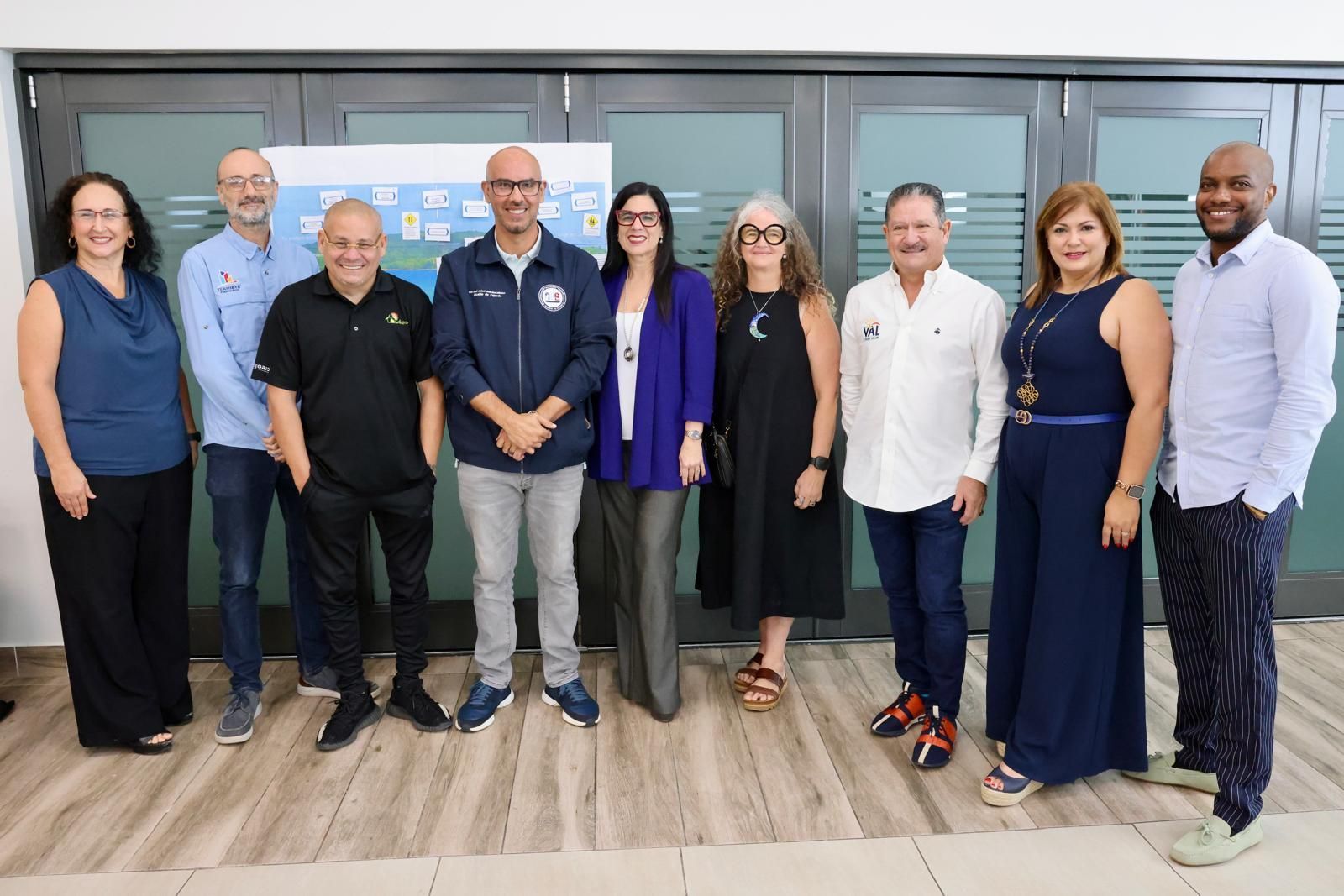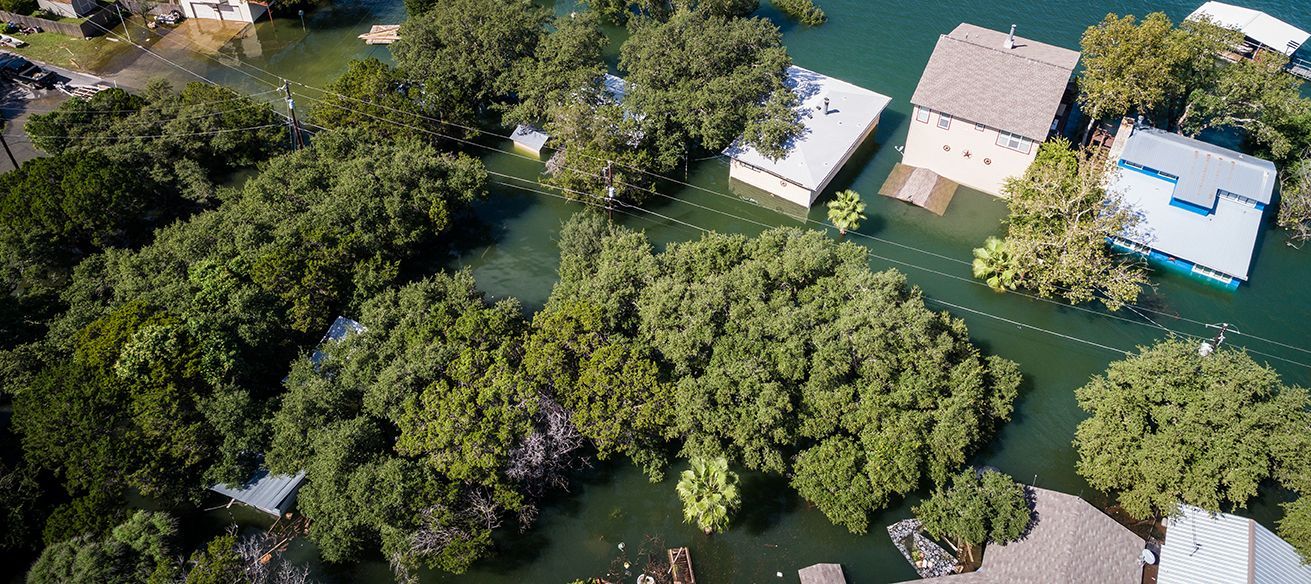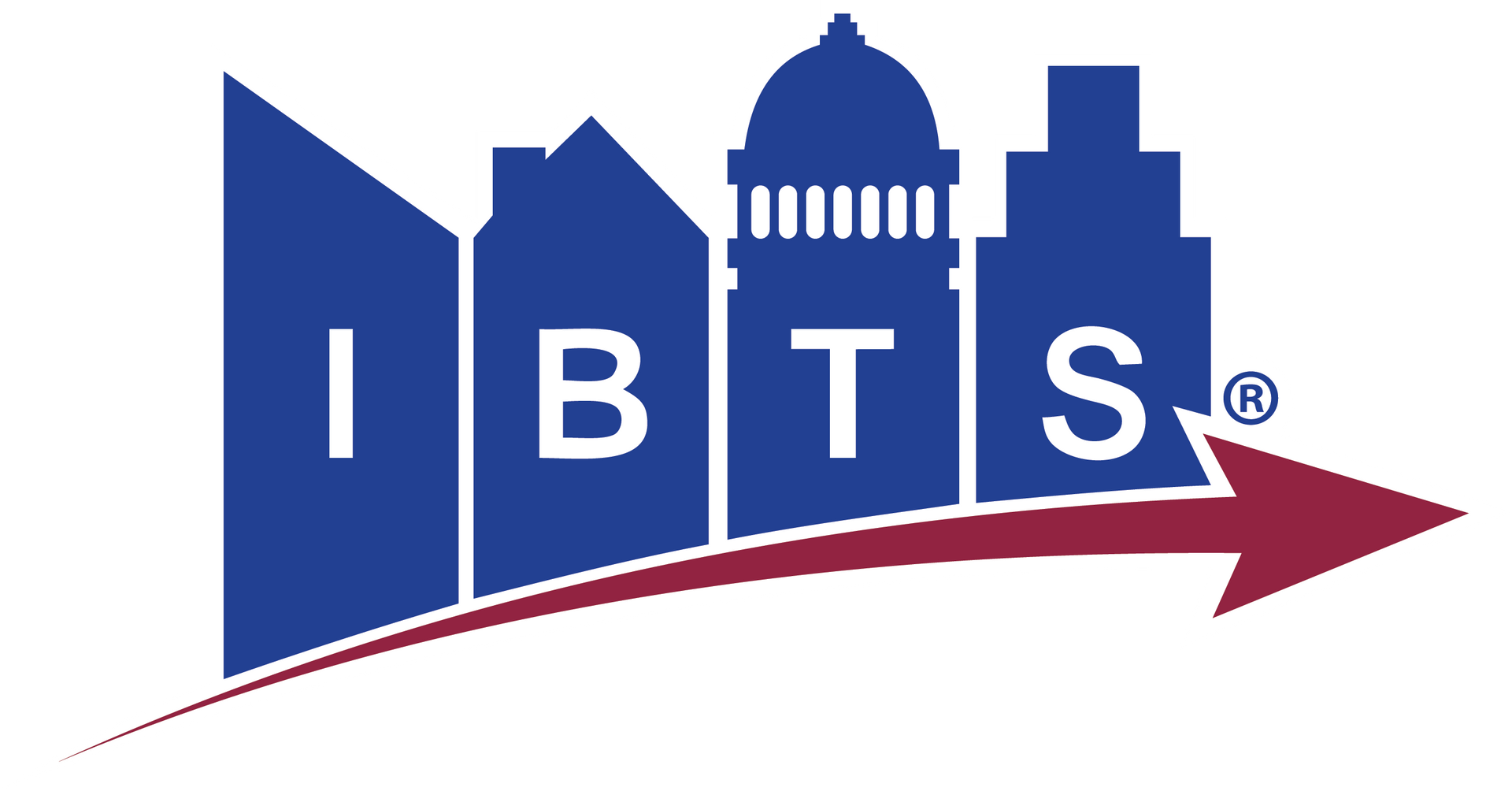IBTS Providing Plan Review & Inspection Services for Largest Construction Projects in Washington, DC
Share this article:
With a reputation for quick, quality plan reviews and inspections, IBTS provides these services for some of the largest development projects in Washington, DC, and the surrounding areas. Read on to learn how our unique service approach provides developers and government agencies with licensed, vetted professionals that save them time and money, and help prevent compliance issues.
IBTS has been providing plan review and building inspection services in the Washington, DC, region for nearly two decades. Our team provides third-party plan review and inspections for the District’s Department of Consumer and Regulatory Affairs’ (DCRA’s) third-party plan review and inspection programs. Through the program, developers contract with IBTS to ensure their plans and construction are compliant with DCRA’s building codes and regulations. IBTS also has a similar partnership to provide third-party plan review and inspection services for Fairfax County and for smaller building departments across the region, supporting building departments who need additional expertise or staffing to meet construction demands.
Our services help these building departments of varying sizes complete plan reviews and inspections at faster rates and prevent backlogs by freeing up staff to focus on the myriad of other services the departments provide.
With a plan review team comprised of licensed engineers and architects, IBTS brings the real-world technical expertise needed to ensure even the largest development projects are on track to achieve full compliance. IBTS’ plan review experts identify major code compliance issues before submitting plans to DCRA, allowing the design team to make adjustments and avoid making significant changes to meet compliance after submittal that can cause construction delays.
“Developers rely on us to ensure they have a substantially designed building without cost or construction delays,” explains IBTS Plan Review Manager David Wei Lu.
This is especially important for large construction projects, such as the mixed-use complex that IBTS is providing plan review services for in Northeast DC. The four-building complex, called Eckington Yards , will include approximately 80,000 square-feet of retail space and 670 residential units across four buildings. A few blocks from Eckington Yards, IBTS is also providing plan review for a revamp of the National Capital Press House building, which will include 446,000 square-feet of mixed-use retail and residential space.
IBTS also has a full team of building inspectors certified by the International Code Council (ICC) and approved within DCRA, giving developers easy access to a vetted, trusted inspection source. Our inspections ensure that construction meets all DCRA code requirements, ensuring the life safety of building occupants.
“The biggest advantage to using IBTS’ third-party inspection services is speed,” explains IBTS Inspections Manager Cindy Verbeek. “Our goal is to help our clients get their projects done in timely manner, which we’re able to do by responding next-day and working closely with the design and construction teams to gain familiarity with the project and building interior.”
IBTS’ inspections team is currently providing inspections for a new 442,000 square-foot residential building located across from Nationals Park. The team also recently finished inspections on a 750,000 square-foot “mega office” located near downtown DC.
Have questions about IBTS’ third-party plan review or inspection services? Contact IBTS Director of Building Services Paul Hancher at phancher@ibts.org .





